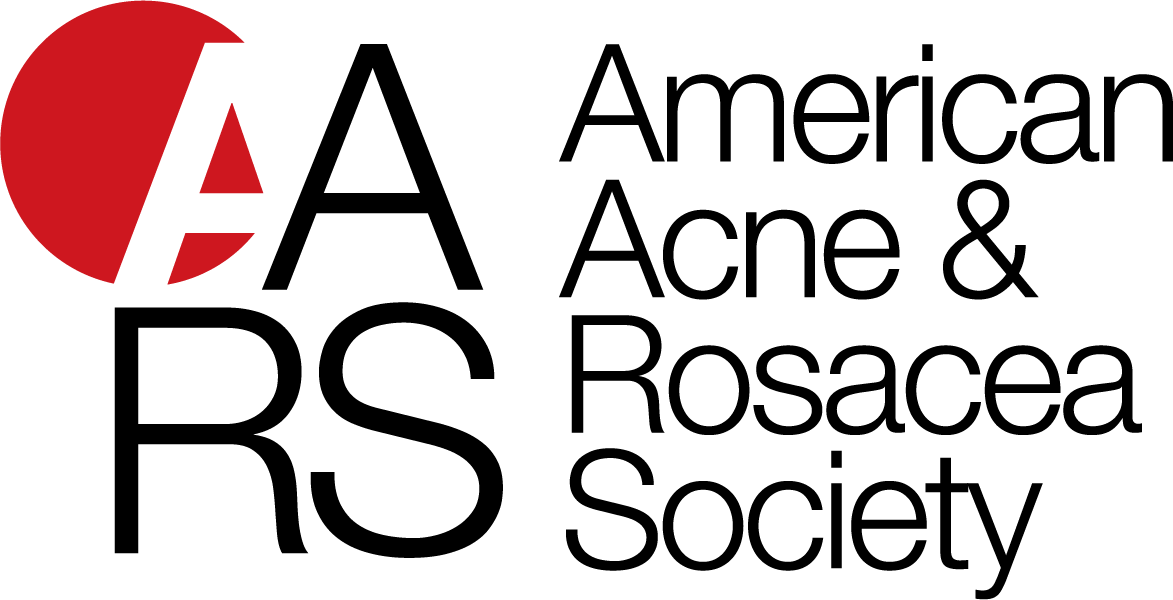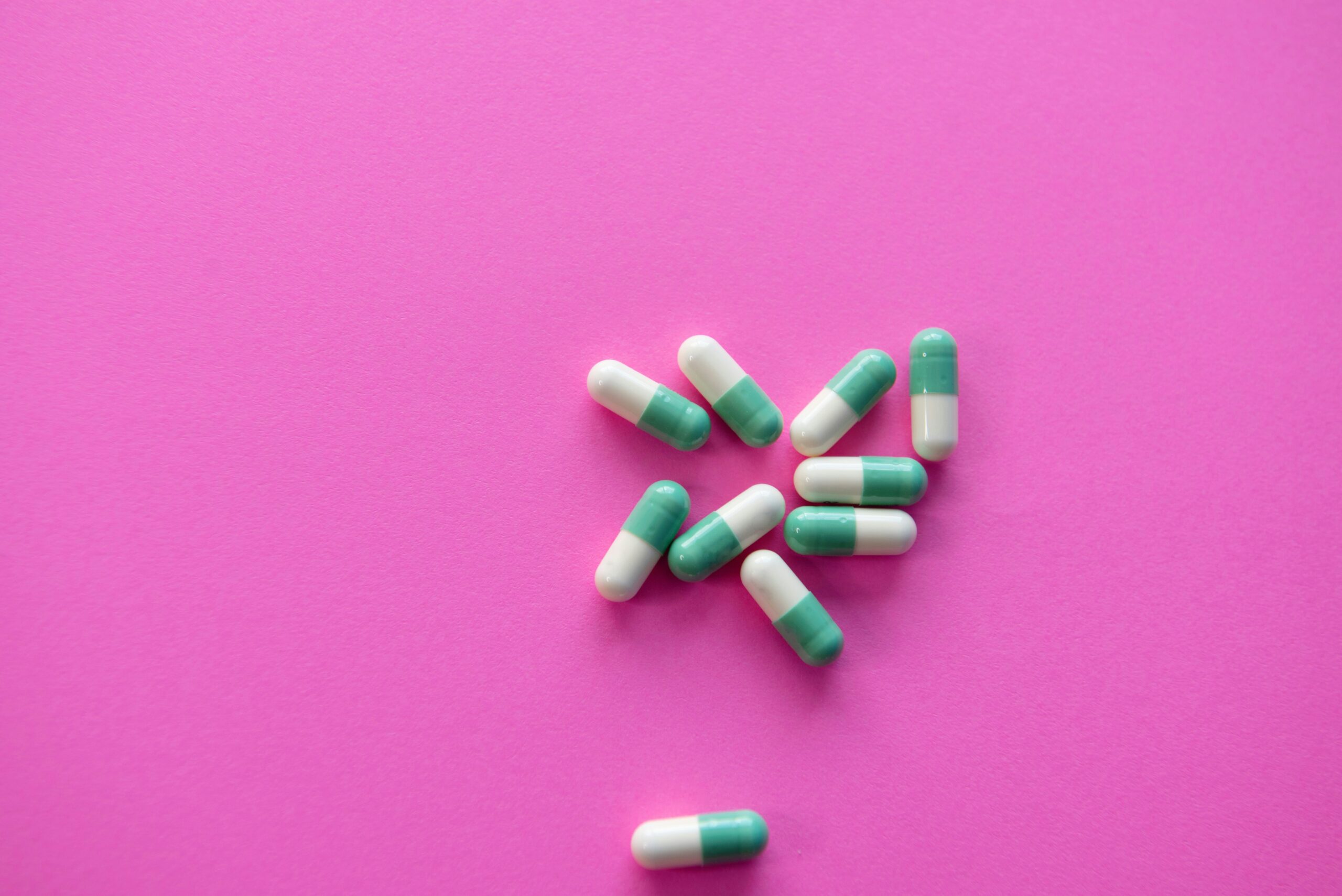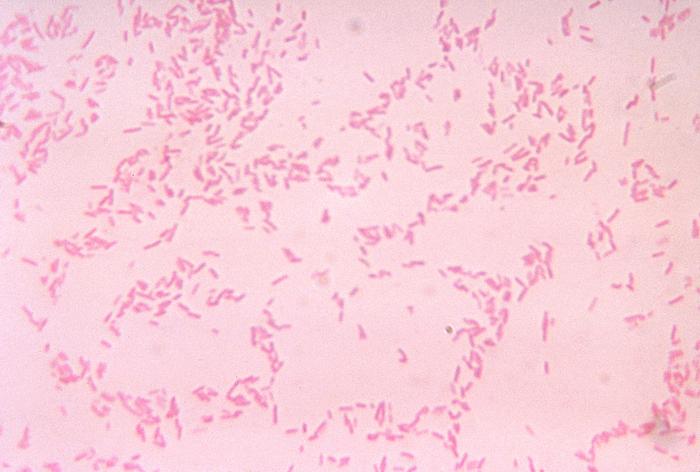In recognition of World Teen Mental Wellness Day on March 2, members of the American Acne and Rosacea Society (AARS) are calling attention to the need for medical professionals to address the impact of acne on affected individuals.
Research has shown that adolescents and adults with acne experience negative impacts on emotional functioning, social functioning, relationships, leisure activities, daily activities, sleep, and school/work.(1) Research has also shown that during adolescence, patients with acne may be subject to bullying and teasing that can lead to social exclusion.(2)
“It is critically important that anyone who treats patients with acne vulgaris be attentive to the potential impact of the disease on an individual’s mental health. Simply taking the time to ask patients if and how their disease affects them can go a long way to assuring them that they are not alone in their experience. It also can allow for discussion of support strategies that may be appropriate in addition to directed acne treatment,” says Andrea Zaenglein, MD, President of the AARS.
Effective treatment of acne, post-acne redness and hyperpigmentation, and acne scarring can reduce the psychosocial impact of the disease.
A pediatric dermatologist, Dr. Zaenglein points out that many skin diseases have been shown to have a social-emotional impact on affected patients. “Given that acne most commonly presents in adolescence, patients may be particularly sensitive to its impact on their appearance and the reactions of their peers,” she says. “Acne is a medical condition, and patients who seek treatment have a right to access appropriate therapy.”
A board-certified dermatologist or a member of their team is best equipped to diagnose and treat acne and its related effects. Significant treatment advances over the past few years have led to the availability of highly effective and safe topical and systemic treatments for acne. Additionally, device-based treatments may be effective for acne or acne scarring. AARS encourages anyone affected by acne, and particularly teens, to seek treatment.
- Fabbrocini G, Cacciapuoti S, Monfrecola G. A Qualitative Investigation of the Impact of Acne on Health-Related Quality of Life (HRQL): Development of a Conceptual Model. Dermatol Ther (Heidelb). 2018;8(1):85-99. doi:10.1007/s13555-018-0224-7
- Magin P, Adams J, Heading G, Pond D, Smith W. Experiences of appearance-related teasing and bullying in skin diseases and their psychological sequelae: results of a qualitative study. Scand J Caring Sci. 2008;22(3):430-436. doi:10.1111/j.1471-6712.2007.00547.x




